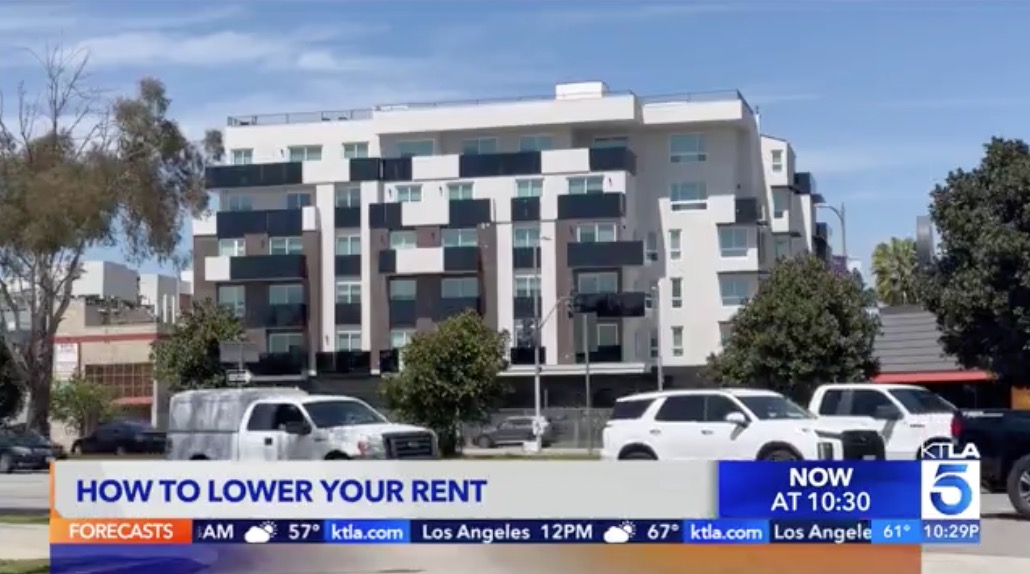Disclosure: Some of the links below are affiliate links, meaning at no additional cost to you, Dwellsy will earn a small commission if you click through and make a purchase.
When renting an apartment, there are a few essential details that every property manager or landlord is required to give prospective tenants. This typically contains rules, facts, and policies regarding the property. Any information a landlord shares with renters about their properties is referred to as a landlord disclosure.
These are typically added in the rental or lease agreement but can also be provided in writing prior to move-in.
Among the many disclosures landlords can provide their renters, the ‘apartment floods and fires risk disclosure’ is especially important. Unfortunately, many states don’t require landlords to inform prospective renters about a property’s fire or flood history.
The Risk of Flooding and Fire
There are over thousands of people that move each year. In most cases, people are provided a wide variety of information about the properties they set out to lease. However, many renters are not notified when a property is located in an area that is highly prone to fire risks and flooding. This lack of disclosure places tenants at risk of suffering a significant loss during emergencies due to under-insuring their belongings or inadequate safety preparedness plans for themselves and their families.
There are only a limited number of states that require fire and flood risk information to be disclosed to renters, but even then landlords are only expected to provide very little information. Some landlords may even include confusing language and excessive details to discourage renters from reading the disclosure in its entirety. As a result, millions of people have had their safety compromised and their belongings damaged or destroyed. Limiting access to essential information about apartment flood and fire risk disclosures ultimately ends up preventing people from making informed, logical decisions about where they should live.
Many renters only come to know about a property’s history when it’s far too late, or when they’ve experienced a flood and fire disaster firsthand.
For renters, it is highly advised that you inquire about these things. Although there may not be laws or rules about apartment flood and fire risk disclosures in your state, it is still important to ask your landlord or property manager for that history, so that you can take precautionary measures.

Get Insurance
When renting an apartment, it is essential to dedicate time to disaster preparation. This mainly includes getting renters insurance that covers you for fire damage, theft, and floods.
Renters insurance typically costs a few hundred dollars a year, but it provides coverage and peace of mind which are priceless. Renters’ insurance typically costs a few hundred dollars a year (or even as little as $60 per year from insurance companies like Lemonade), but it provides coverage and peace of mind which are priceless
Secure Your Belongings
This is no easy task. It’s difficult to save all your belongings from a fire or flood, but you can take a few precautionary measures.
The idea here is to keep all your valuable belongings away from harm. Start by utilizing waterproof and fireproof boxes or containers. Think of it as a ‘safe’ and the best part is that they do come in many sizes and varieties.
You first need to determine which items or belongings are most valuable before you get these boxes. Focus on key documents that you might need in order to qualify for emergency services or get your life back on track. W2, Account Numbers, Birth Certificates, Secondary IDs, Health records etc.
Another thing you should do is keep electronics and other such items off the floor because if you were to deal with an emergency situation, it would give you more time to save your belongings and make a run.
Make an Emergency Plan
For many, it is easier to live under the assumption that you will never experience an emergency that requires you to evacuate your loved ones from your home. The truth of the matter is that emergencies often occur at random with little to no warning. Devising a plan for what to do in an emergency, does not only provide you with peace of mind but security, knowing that you have taken extra precautions to keep yourself and others safe.
Plan in advance for the evacuation of pets and family members especially if you don’t have personal transportation. Keep extra medications on hand if they are critical to your health. Be sure to have an out-of-state contact, and compile a list of essentials to collect in case of an emergency. There is a lot to account for when preparing for an emergency as a renter. The first step is to learn what is important for your region.
Document the Damage
In the event of a fire or flood, the first thing you need to do is document the damage. This isn’t just for you, but mainly for the insurance company as well as your landlord or property manager. Take photos of the damage that occurs. Save the damaged property until someone from the insurance company can inspect it.
Terminate Your Lease
If a fire or flood causes serious damage making the space unlivable, you can terminate your lease without any penalties.
You have all the right to do that since most rental leases come with a clause or section on termination.
Check out our other blog posts on Dwellsy’s Blog.
Looking for a new home? We’re here to help.








